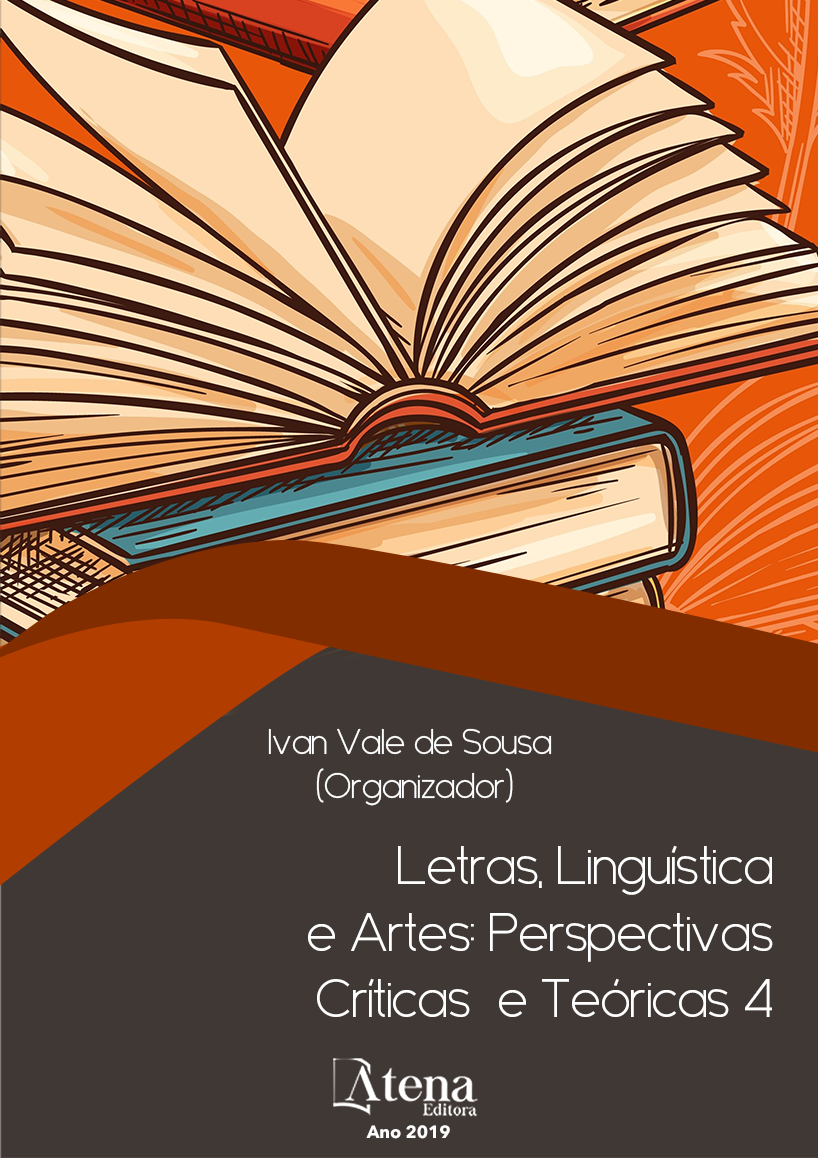
O AUTISMO NO CONTEXTO ESCOLAR: UM DESAFIO DE GESTÃO
Este artigo tem como objetivo
analisar a concepção de autismo e a relação dos
envolvidos no processo ensino e aprendizagem,
seu desenvolvimento intelectual, psicomotor e
sócio-afetivo nas escolas públicas da cidade
de Tefé-Amazonas cujo problema é a falta de
conhecimento de toda comunidade escolar
sobre o Autismo referente à inclusão desses
alunos com todas as suas especificidades.
Sabendo que todos têm capacidade em aprender
a aprender de forma autônoma, no entanto, em
ritmo diferente de aprendizagem. É importante
também refletir conjuntamente sobre um
currículo que atenda às necessidades dos alunos
com autismo, sobretudo, com metodologias
apropriadas oportunizando maiores avanços no
desenvolvimento de habilidades e competências
necessárias à sua inclusão no ensino regular.
A pesquisa está fundamentada nos autores
Cavalcante (2006), Plaisance (2004), Orrú
(2003), Vygotsky (2010), Chizzotti (2010) e
Santos (2008). A metodologia foi norteada pelo
levantamento de cunho bibliográfico, pesquisa
de campo e enfoque qualitativo. As técnicas
usadas foram à observação participante e o
questionário. Os resultados apontam para os
seguintes aspectos relacionados à insegurança
dos professores e à falta de conhecimento
teórico prático sobre o assunto. Pelo exposto,
esclarecemos que os docentes acrescentaram
que é preciso oportunizar uma intercepção
dialógica estimulando os pais e os demais
alunos a traçarem um laço de comprometimento
e cumplicidade no processo de ensino e
aprendizagem, estabelecendo confiança
e apoiando os docentes com intervenções
necessárias, desde a adaptação dessa criança
no contexto escolar.
O AUTISMO NO CONTEXTO ESCOLAR: UM DESAFIO DE GESTÃO
-
DOI: 10.22533/at.ed.0481909108
-
Palavras-chave: Autismo; Inclusão Escolar; Ensino e Aprendizagem.
-
Keywords: Autism; School inclusion; Teaching and learning.
-
Abstract:
This article aims to analyze the
conception of autism and the relationship of
those involved in the teaching and learning
process, their intellectual, psychomotor and
socio-affective development in the public schools
of the city of Tefé-Amazonas, whose problem is
the lack of knowledge of all school community on
Autism regarding the inclusion of these students
with all their specificities. Knowing that everyone
has the ability to learn to learn autonomously,
however, at a different pace of learning. It is
Letras, Linguística e Artes: Perspectivas Críticas e Teóricas 4 Capítulo 8 74
also important to jointly reflect on a curriculum that addresses the needs of students
with autism, above all, with appropriate methodologies, providing greater advances
in the development of skills and competences necessary for their inclusion in regular
education. The research is based on the authors Cavalcante (2006), Plaisance (2004),
Orrû (2003), Vygotsky (2010), Chizzotti (2010) and Santos (2008). The methodology
was guided by a bibliographical survey, field research and qualitative approach. The
techniques used were participant observation and the questionnaire. The results point
to the following aspects related to teacher insecurity and lack of practical theoretical
knowledge on the subject. In the light of the above, we clarify that the teachers added
that it is necessary to provide a dialogic interception by encouraging parents and other
students to draw a bond of commitment and complicity in the teaching and learning
process, establishing trust and supporting teachers with necessary interventions, from
adaptation of this child in the school context.
-
Número de páginas: 15
- Rosineide Rodrigues Monteiro
- Aniterese Sevalho Lopes


